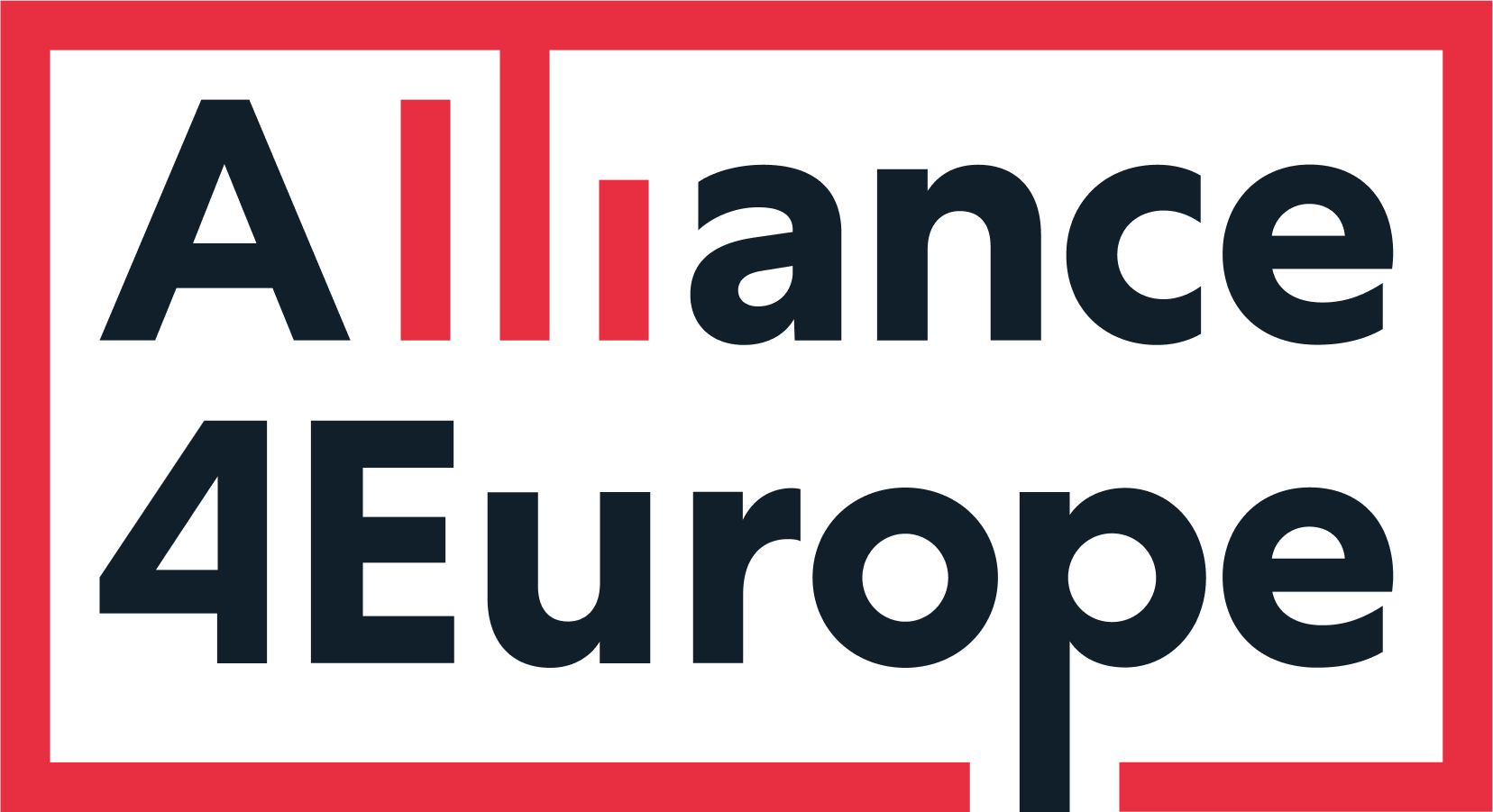As a year of lock down stretches on, with quarantine and social distancing, suffering and sacrifice, at last a vaccine is here, and yet it isn’t. Anticipating a recovery only to see it delayed can be that much more frustrating. What can we learn from how this unfolded?
It’s easy to point to that favourite punch-bag, “the EU”, for the trouble yet again, and as usual that would be missing the point.
Imagine what would have happened without a Europe-wide agreement on vaccine distribution. Germans getting vaccines, while Greeks or Portuguese people look on waiting. The outrage and hatred this would have provoked would have been cause for a generation of conflict. European leaders made the wiser choice, and let their decisions be guided by solidarity. There’s no question that without the EU individual European countries would be in even more dire straits. The comparison with the UK is also misleading in that the British government has avoided giving second vaccine shots whereas EU countries do – science will eventually tell which policy saves more lives.
But what we forget is that the European Union usually has no formal ordinary legal powers to act on public health in this way. It does not normally have the capacity to do so. It has done what it can to deal with this crisis. For better results, there must be more capacity and more resources, and of course, legal competences.
This vaccine rollout will play out in coming months and will be examined by policy experts and historians for its causes and implications. It will no doubt raise further attacks against the EU itself. Honest critics always mistakenly take aim at the EU’s existence rather than the political decisions taken, and dishonest critics aim to dismantle the EU to advance authoritarian agenda.
Right now, there are some lessons we can already learn from what we have seen about the EU’s shortcomings. These are lessons that have been present and visible for decades, and stand out more painfully now.
First of all, we need a European public sphere to be able to hold national and European leaders accountable across Europe. This means having interconnected media, European civic education for all ages, greater investment in civil society, and legislation to enable European associations, European parties, and European movements to flourish.
A public sphere doesn’t emerge out of thin air, and cannot simply pop out by itself. History has shown that it needs to be built up through ambitious public action, or in the face of a common threat, and these create a sense of common destiny. The European Union’s original common driver was the desire for peace. At this moment in time, this pandemic needs to be turned into a pivot around that which Europeans discover they have in common than what sets them apart. European leaders must be made aware of this, act towards it, or be brought to it through citizens and civil society taking action.
In tandem with greater accountability, there must also be a greater scope for action. The European executive must be elected like any democratically accountable leadership in a parliamentary democracy, and must have the powers to act. So far, healthcare has not been an EU competence, but this crisis has shown that perhaps it should be added as a mixed area. In any case, the EU’s own resources, apart from Member States budgets, simply have to increase considerably in order to meet the challenges of the 21st century, as we have seen.
Then once the resources do become available, and the political will is there, then there can be long term ambitious investment in services and infrastructure like health that is made at a Europe-wide level, which guarantees the ability of public authorities to respond to emergencies like these. We will hopefully be coming out of this pandemic sooner rather than later, but we need to make sure Europe is better prepared for the next serious challenge.
Piece written by Omri Preiss, Managing Director at Alliance4Europe
